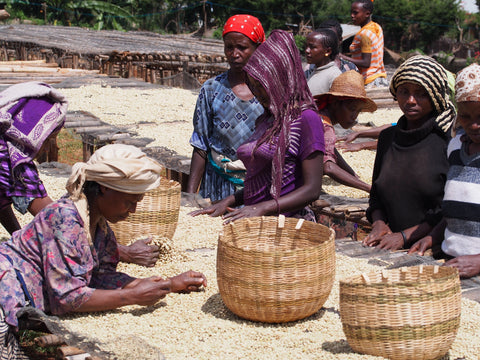
The Story of Coffee from Ethiopia and Rwanda

Ethiopia, the birthplace of coffee
Ethiopia is the birthplace of coffee, according to legend, when a shepherd in the 9th century discovered the remarkable effect of coffee cherries on his flock. Coffee from Ethiopia is known for its complexity and distinctive aromatic earthy notes.

The coffee beans are mostly sun-dried or processed naturally, which contributes to the intense fruity profile. Coffee processing methods in Ethiopia include traditional techniques such as wet processing, washing, dry fermentation or fermentation without air. The resulting flavor profile has citrus, strawberry and floral notes for discerning coffee lovers.
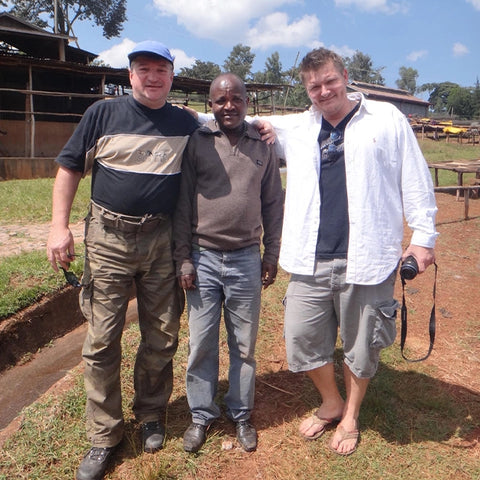
Our trip to Ethiopia was a detailed exploration, visiting Lima, Yirgacheffe, Sidama, Harara and Keff. Coffee growing in the Bombe region has a long tradition, where the coffee grows in harmony with nature in ideal conditions 2000 meters above sea level.
The Bombe station collects coffee from various small-scale farmers in the surrounding villages and then processes it at a single washing station, allowing local farmers to diversify their income and ensure the harvest of food crops.
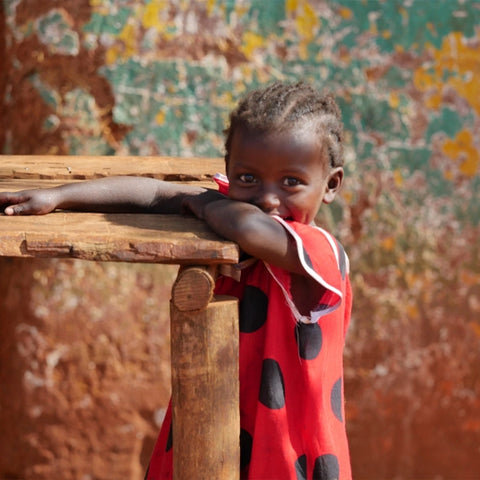
In the late 1980s, he built his first washing machine, which he named Awraja and family, which was his nickname when he was a famous volleyball player and rode his team around the country in the colors of his Bensa Awraja district! Since then, his business has flourished and Ato Dukale now has 16 collection centers in the Sidama, Gedeo, West Guji regions, where coffee is collected from various small-scale growers in the surrounding villages and then processed at washing stations. The company has now been taken over by his sons, who continue to work with their father in producing high-quality coffee.

Rwanda, coffee in the heart of Africa
Rwanda, often referred to as the land of a thousand hills, is another African country with a rich coffee tradition. Coffee farming has become an important industry in Rwanda, bringing a positive socio-economic impact to the local community.
This coffee is characterized by its balance, sweetness and smoothness. Growers in Rwanda place great emphasis on quality and use modern processing methods such as wet fermentation and careful sorting of the beans. This results in coffees with notes of chocolate, berries, honey or caramel.
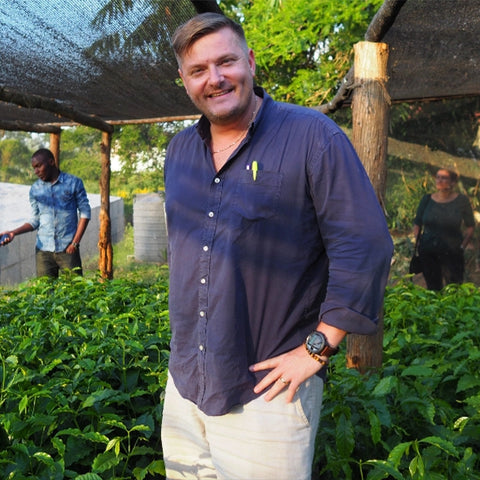
In the southern province of Rwanda, in the Huye Hills region, there is the Simbi coffee washing station.
The station was founded in 2013, but in its first year of existence, it ranked 9th in the Rwanda Cup of Excellence competition, which supports the education and development of coffee farmers.
CoE has changed the perception of the entire coffee industry and brings not only financial security to producers, but also motivation and prestige to their farm.
Simbi Station has focused on producing high-quality coffee and has repeatedly placed high, achieving winning coffees in 2015 and 2018, reflecting the great dedication and diligence of the growers.
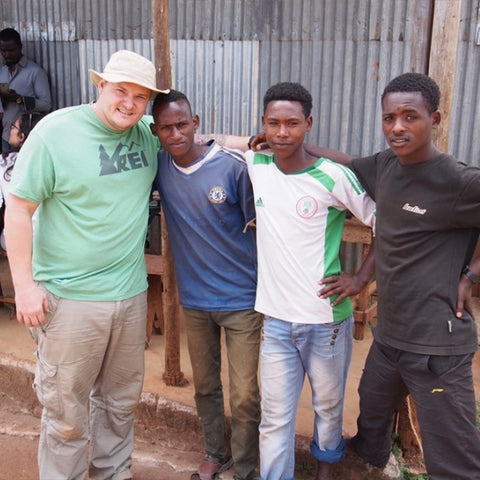
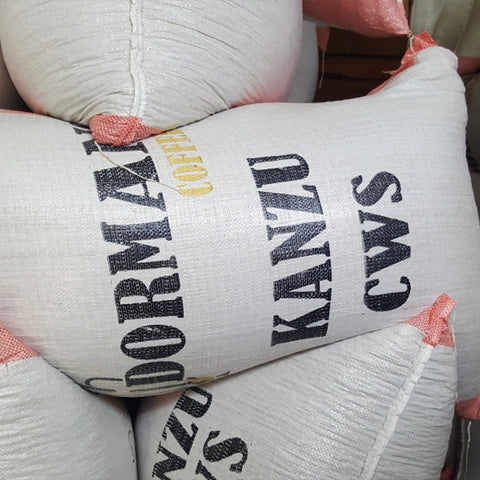








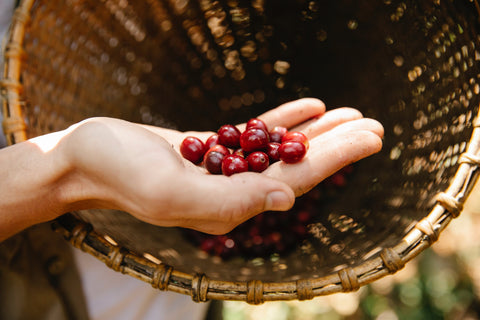
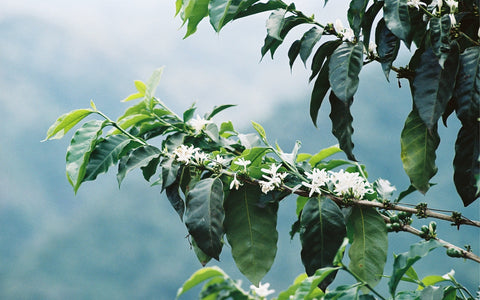
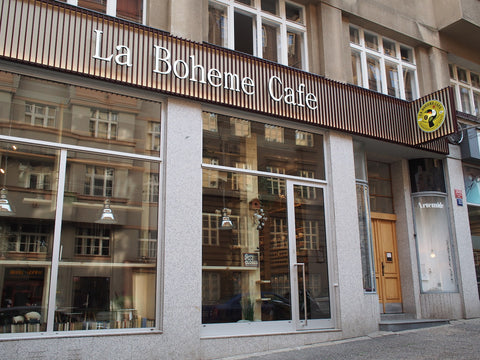
Comments (0)
There are no comments for this article. Be the first one to leave a message!